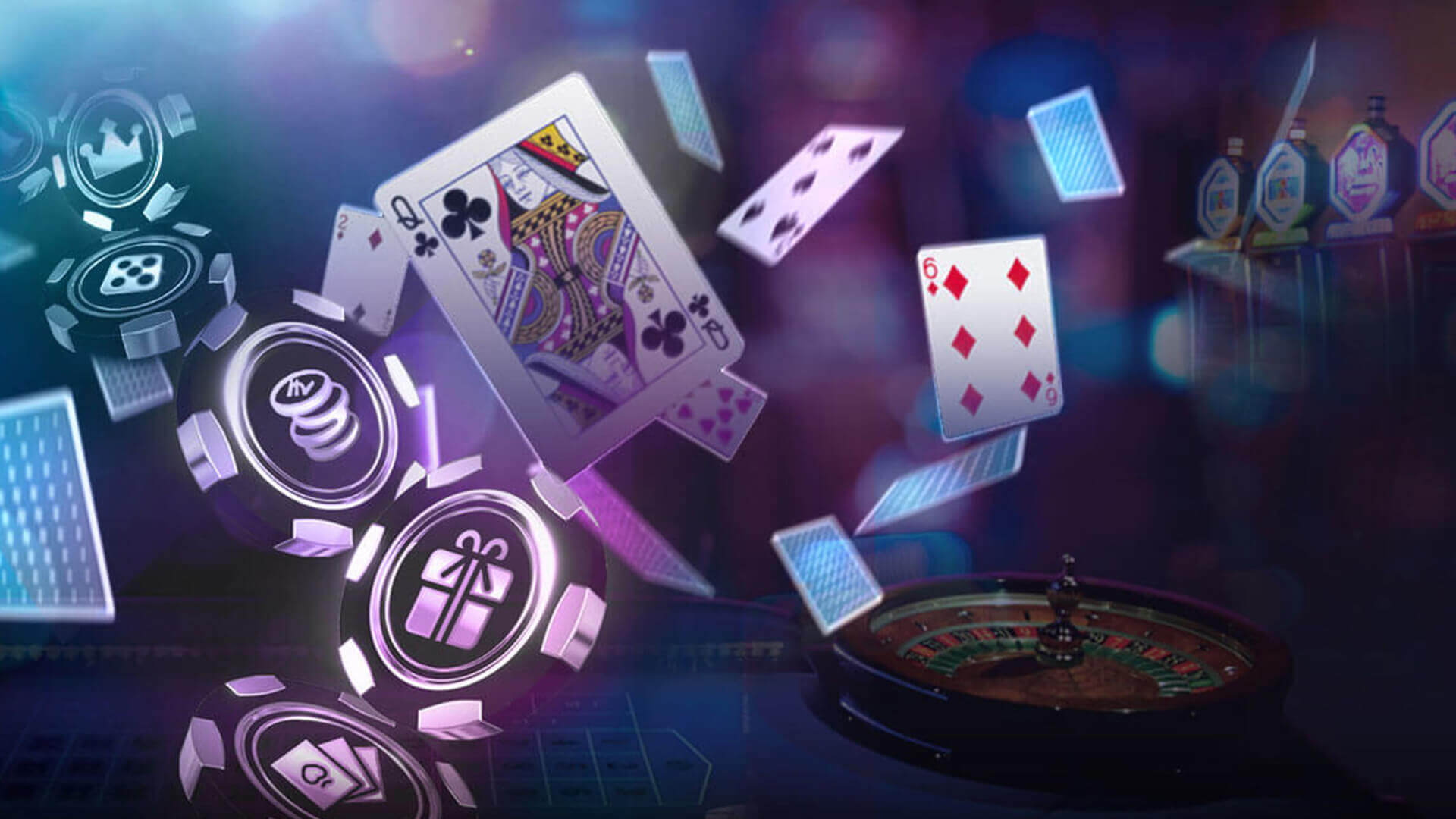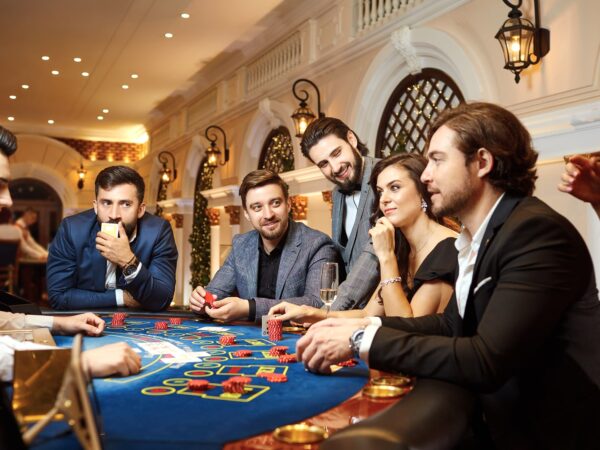Bingo is a well-known word in the English language; and, Bingo cards are printed on a card stock, folded into quarters, and then cut into four separate parts: the bingo card itself, a magnetic cover to hold the bingo card, a number trim to line up the card, and finally the rules for playing the game. Players of bingo games usually deal with their own bingo cards, but some places sell pre-printed bingo cards. These are commonly used for practice or quick games. Bingo is a great card game that is easy to learn, has no complicated rules, and there is always a large prize when you win.
In the United States, bingo originated in the Lower East Side of Manhattan where street corners were full of gambling, speakeasies, restaurants, and bingo halls. In the early eighteen hundreds, bingo became an increasingly popular game among middle class Americans. Bingo was originally known as “church bingo” because the game was originally played in churches and congregations. The term “bingo” comes from the French and means “common.” In the United States, bingo can still be found in many of the more rural areas, although it is most often played in larger cities and in places of worship.
Today, bingo can be played anywhere that has electronic bingo, video poker, or other gambling games. Although many bingo players prefer to play in a bingo hall or casino, there are high ticket bingo games available for anyone who wants to play for fun and doesn’t have to purchase cards or money. For example, there are hundreds of dollars in prize money available in video poker tournaments played by hi-stakes pros. High ticket bingo games are generally easier to play than the lower ticketed varieties, and are less expensive also.
As more Americans started playing high ticket bingo games, especially in the larger cities, the local telephone company got involved and began offering lines for use in bingo games. This is when the use of bingo lines was first introduced – to keep up with the popularity of bingo games in the American cities. These lines would then be supplemented with phone numbers in local phone directories, and new operators would call these numbers to connect players in “real world” bingo games. Today, even many of the “real world” bingo operators still use bingo lines and allow players calling in to connect with local bingo rooms.
Today, bingo operators in the US use automated machines called “auction machines” in their bingo halls. These machines randomly select numbers from a hat, and every number that is called out will be replaced with another number in the next draw. In most cases, the calls in the main session are random, meaning that players get to play without knowing beforehand which numbers will be drawn. The main action in the game occurs in the bingo halls, where players place their bids. Winning is based on how much money was bet on that particular number; and because there are no set limit on the amount that can be bet, the game can continue indefinitely until someone wins.
A mecca bingo hall is usually run with a fixed number of seats. The player gets to sit in any available seat that is not
“occupied”. Usually, there are four to six players in each hall. These halls can be found all over the US, but the most famous bingo played there is still at the Universal Bingo Company in Las Vegas. The “Universal Bingo Company” ran out of business in 1998, but it has recently been revived as a “renewed” version of the game, using bingo cards printed on new cards.



